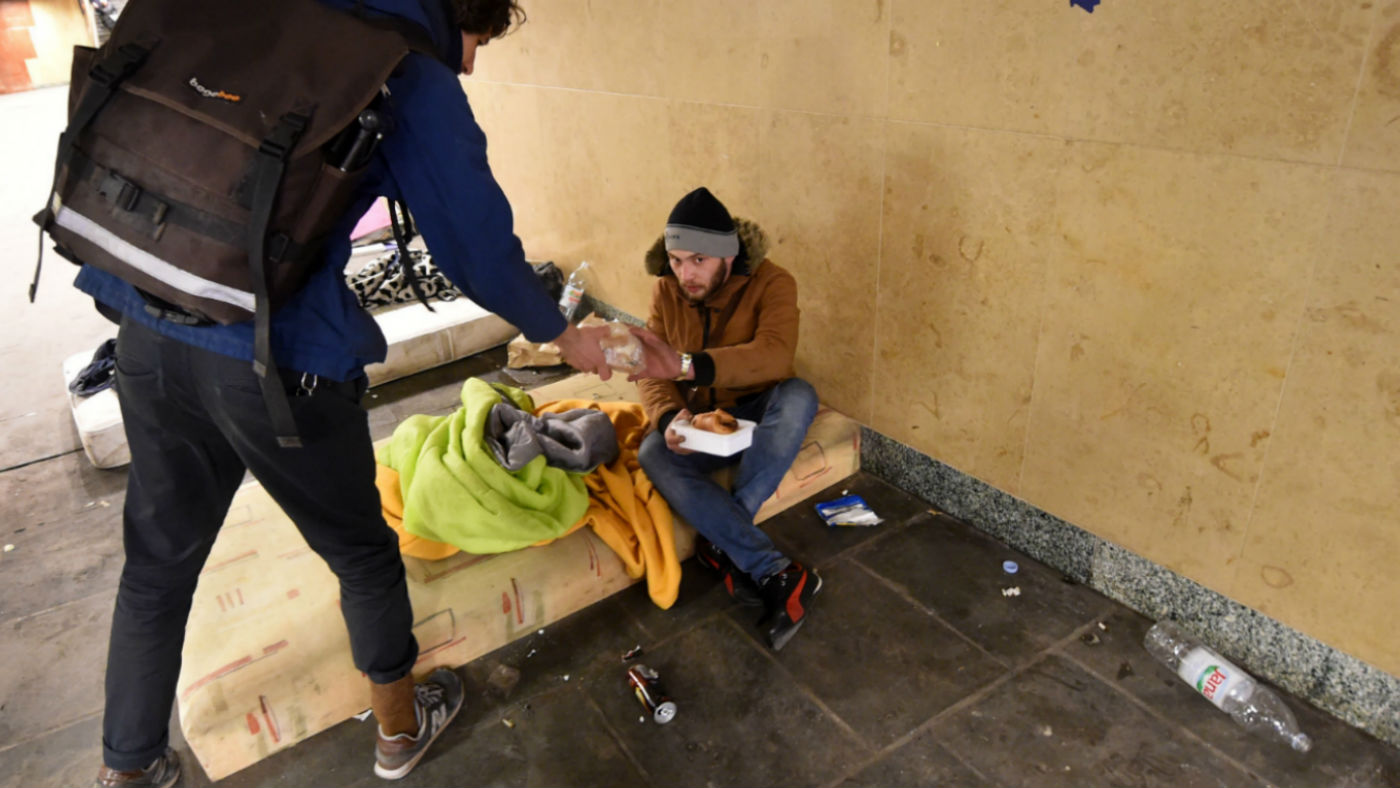Hungary’s constitution now bans rough sleeping
Homeless people face compulsory work programme or jail under new law

A free daily email with the biggest news stories of the day – and the best features from TheWeek.com
You are now subscribed
Your newsletter sign-up was successful
An amendment to Hungary’s constitution that opponents claim criminalises homelessness has gone into effect.
As of today, it is a criminal offence to sleep in a public place in the central European nation, under a new law introduced by Prime Minister Viktor Orban’s right-wing government.
Sleeping rough in public places has been a fineable offence since 2013, but the new amendment gives police powers to forcibly remove anyone who refuses to voluntarily enter a homeless shelter. Police can also confiscate their property and destroy their campsite.
The Week
Escape your echo chamber. Get the facts behind the news, plus analysis from multiple perspectives.

Sign up for The Week's Free Newsletters
From our morning news briefing to a weekly Good News Newsletter, get the best of The Week delivered directly to your inbox.
From our morning news briefing to a weekly Good News Newsletter, get the best of The Week delivered directly to your inbox.
Repeat offenders “will face enrolment in a compulsory work programme or jail”, The Guardian reports.
The United Nations has described the measure as “one in a long line of legislative moves aimed at controlling and eliminating the homeless population in Hungary”, mostly made up of “people living in poverty, persons with disabilities, refugees and migrants, and Roma”.
The amendment, approved by lawmakers in June, is a reworking of an anti-rough sleeping law overturned in court as unconstitutional. Writing the prohibition into the constitution, however, “makes it harder to challenge legally”, says the Associated Press.
When the proposal appeared before parliament in June, the UN’s special rapporteur on housing, Leilani Farha, railed against the plan in a forcefully worded open letter in which she said that the government’s treatment of rough sleepers was “absolutely unacceptable”.
A free daily email with the biggest news stories of the day – and the best features from TheWeek.com
“What is this ‘crime’ they have committed? Merely trying to survive,” she said.
The number of homeless people in Hungary is estimated to be between 20,000 and 50,000 - a wide range, but in any case far in excess of the 11,000 places currently available in state-run shelters.
The government has said it intends to invest more funding into expanding provision for the homeless, but this has not been enough to convince the amendment’s detractors, who gathered in Budapest yesterday to protest the new law.
Despite domestic and international pushback, the government stands by the amendment, which it says is in the “interests of society as a whole".
State Secretary for Social Affairs Attila Fulop said the law will serve a joint purpose “to ensure that homeless people are not on the streets at night-time and that citizens can make use of public space unimpeded”.